KS NEWSLETTER
Schrijf je in voor onze nieuwsbrief en ontvang ✨5% korting✨ op je eerste bestelling!
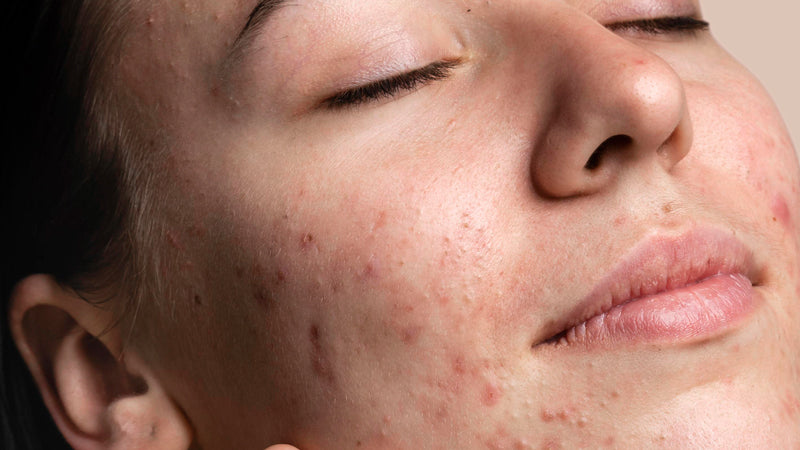
Skincare
SkinTalks - August 11, 2023
Hey there, SkinTalks readers! Let's chat about this thing called Fungal Acne, also known as Malassezia Folliculitis or Pityrosporum Folliculitis. It's like a sneaky infection that is usually caused by yeast. This infection messes with your skin's hair follicles. Instead of the usual acne with blackheads and whiteheads, you get these small itchy pimples that all look kinda similar.
The tricky part is that Fungal Acne and regular acne vulgarism are totally different. So, if you keep slathering on anti-acne treatments, you might actually make your fungal acne worse. Yikes!
In this blog we're talking about the Do's and Don'ts of Fungal Acne, dive deeper into what causes this skin concern and also how to treat it. If you are curious about how to treat fungal acne and looking for the best products for fungal acne, we are here to help!

Fungal Acne

Acne
Let's talk about yeast - yes yeast! Almost everyone has a kind of yeast on their skin naturally. It's usually not a problem, but things can go wrong when the hair follicles get damaged or blocked, and the yeast finds its way in. So, how does this happen? Well, there are a few things that can mess with your follicles:
Friction: When your skin rubs against itself too much, it can cause irritation and mess up those follicles.
Heat and moisture: If you keep your skin all hot and sweaty for a long time, like in a humid environment or when you're sweating buckets, it can lead to follicle damage and give the yeast a chance to party.
Hair removal methods: Shaving, plucking, or waxing can be rough on your hair follicles.
Constant fiddling: If you're always touching or rubbing your skin, it can irritate those follicles and upset the natural balance, giving the yeast an opportunity to overgrow.
Hot tubs or whirlpools: Spending time in hot tubs or whirlpools creates a warm and moist environment that the yeast just loves. So, be careful if you're a regular hot tub enthusiast.
A great way to combat fungal is to be mindful of ingredients that might "trigger" your skin. Always check product labels and test products out on a small patch of skin before applying to the face. This can aid in making choices that are less likely to aggravate Fungal Acne.
When it comes to ingredients that can worsen Fungal Acne, there are a few to watch out for:
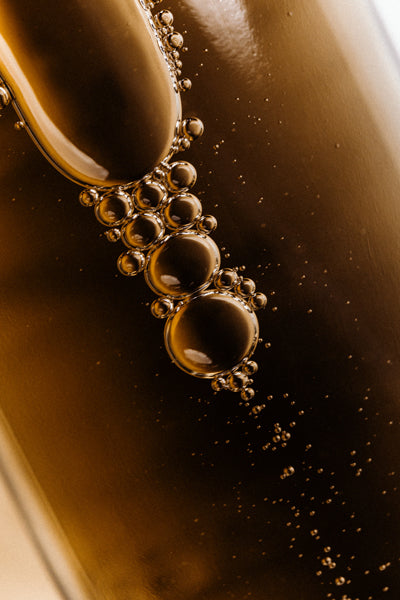
Yeast loves to feast on fatty acids and oils, so using skincare products that contain these can fuel the growth and spread of Fungal Acne. Look out for ingredients like:
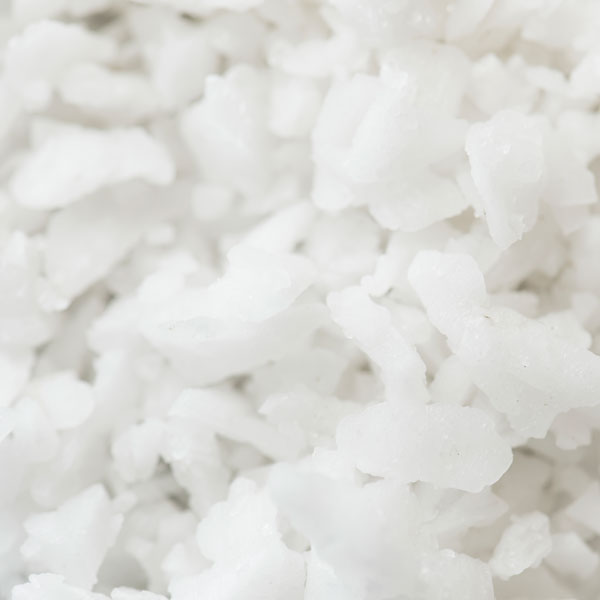
Esters are a combination of a fatty acid and an alcohol or glycerol. Since fatty acids are a no-no for fungal acne, it's best to avoid esters as well. They often end with 'ate' in ingredient lists, such as:
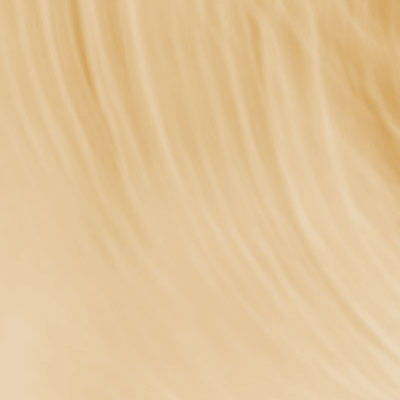
These sneaky ingredients can contribute to the growth of Fungal Acne. Keep an eye out for any ingredient with 'Polysorbate' in its name, such as:
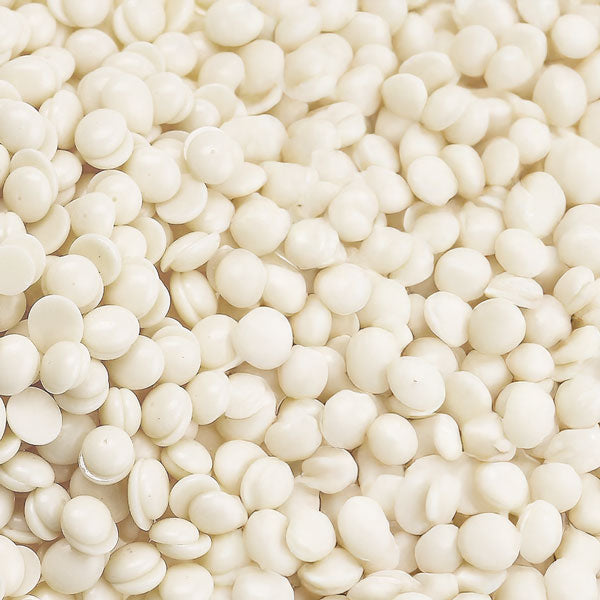
While most fatty alcohols come from vegetable sources like coconut or palm oil, they can clog pores and hair follicles, leading to more Fungal Acne. Look out for ingredients like:

Skincare products that contain fermented ingredients, which often involve the addition of bacteria and/or yeast, should be avoided if you have fungal acne. Examples of fermented ingredients include:
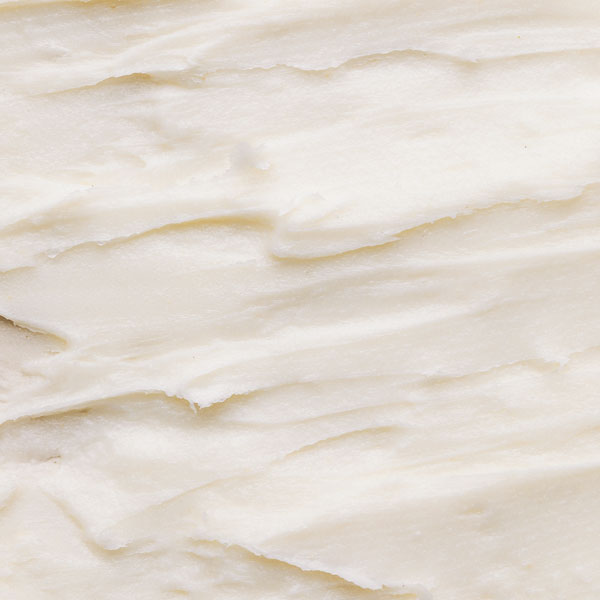
Coconut oil is a common culprit that should be avoided by both Fungal Acne and regular acne sufferers. It is highly comedogenic, meaning it clogs pores. Additionally, it contains a high amount of Lauric Acid, one of the fatty acids you want to steer clear of.
The key here is to treat Fungal Acne differently from regular acne. Don't go reaching for your usual acne products. Nope, that won't cut it. You need special treatments for Fungal Acne to kick it to the curb. Now, let's talk prevention.
Keep your skin:
1. Clean and dry
2. Avoid heavy, oily products that can feed the Fungal Acne on your face
3. Choose breathable fabrics
4. Don't let sweat build up
5. Hygiene is key to keeping Fungal Acne at bay
Remember, it's all about understanding your skin and giving it the care it needs!
Sooth and treat your Fungal Acne prone skin with products that contain:
• Tea Tree
• Salicylic Acid
• Mugwort
However, we understand that it can be overwhelming to navigate through skincare ingredients and find products that won't worsen Fungal Acne. Which is why we have found products that are 100% safe for Fungal Acne, and don't have any of those pesky ingredients we talked about earlier. Have a look at the best products for fungal acne and build a fungal acne safe routine.
Whether you're struggling to find the right fungal acne safe products or wondering what ingredients to avoid, we hope this blog can serve as a guide to help you whenever you're feeling a little lost.
And whenever you might feel confused about products or have questions, the KS team is always here to help.
Take care and until next time!

Skincare | Sep 15, 2025
Discover the key differences between essences, ampoules, and serums.
Routine | Jun 16, 2025
Follow our quick guide with key products and tips for a lasting, healthy glow.
Routine | May 26, 2025
Discover a minimalist take on the Korean skincare routine.
Schrijf je in voor onze nieuwsbrief en ontvang ✨5% korting✨ op je eerste bestelling!
Thanks for subscribing!
This email has been registered!